-

-

-

-

-
 Why Choose Stem Cell Therapy Plus ?
Why Choose Stem Cell Therapy Plus ? -
 Diabetes
Diabetes -
 Parkinson's Disease
Parkinson's Disease -
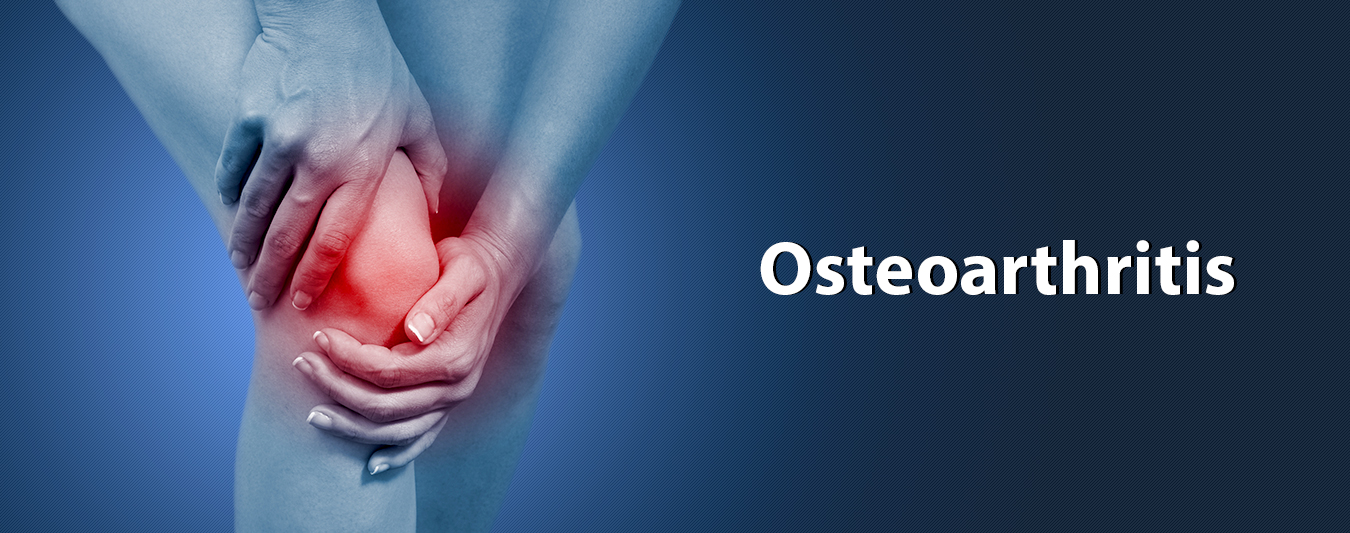
-
 Rheumatoid Arthritis
Rheumatoid Arthritis -
 Multiple Sclerosis
Multiple Sclerosis -
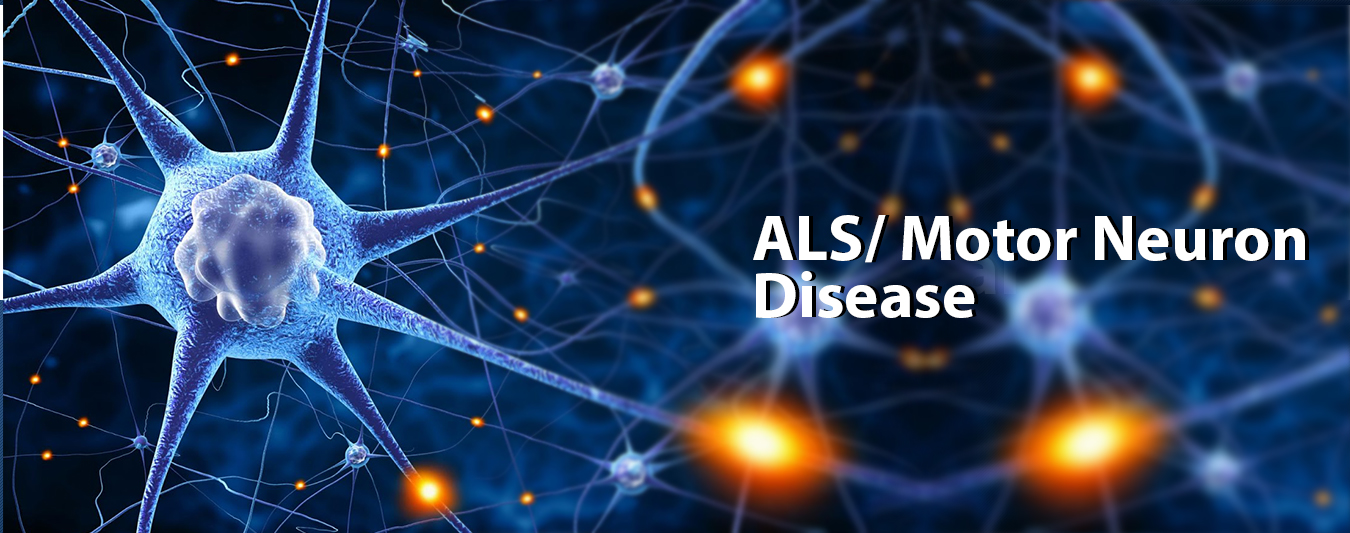
-

-

-

-
 Tinnitus/ Hearing Loss
Tinnitus/ Hearing Loss -

-
 Spinal Cord Injury
Spinal Cord Injury -
 Stroke
Stroke -
 Cerebral Palsy
Cerebral Palsy -
 COPD/ Lung Disease
COPD/ Lung Disease -
 Muscular Dystrophy
Muscular Dystrophy -

-
 Macular Degeneration
Macular Degeneration -

-
 Chronic Fatigue
Chronic Fatigue -

-

-

-

-

-

-
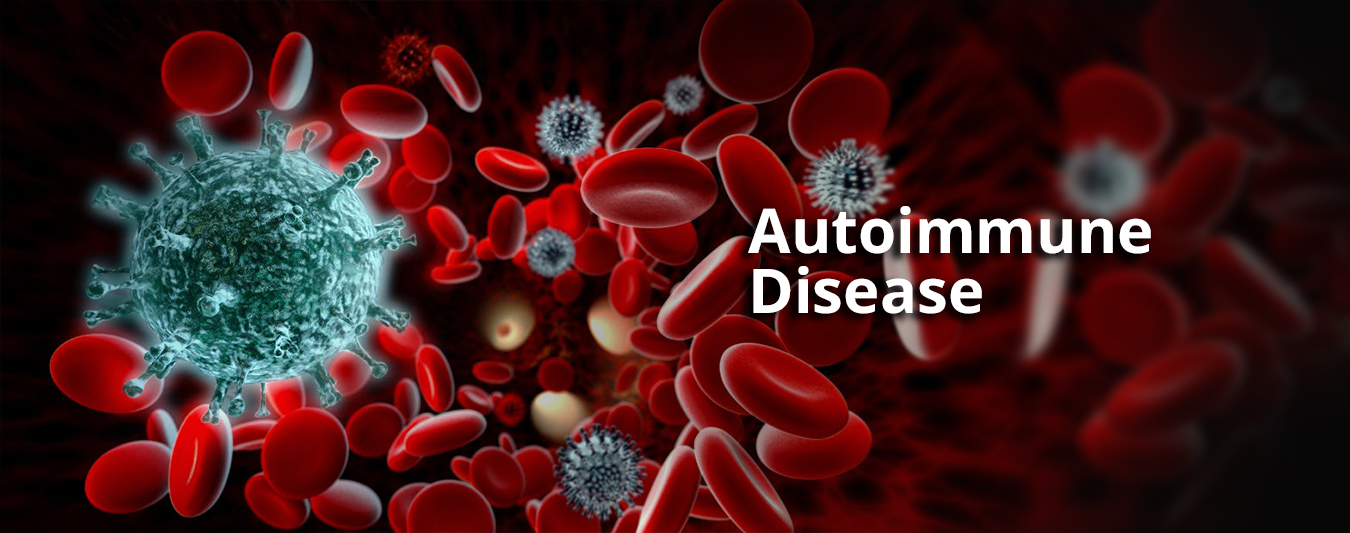
-

-

-

-

-

-
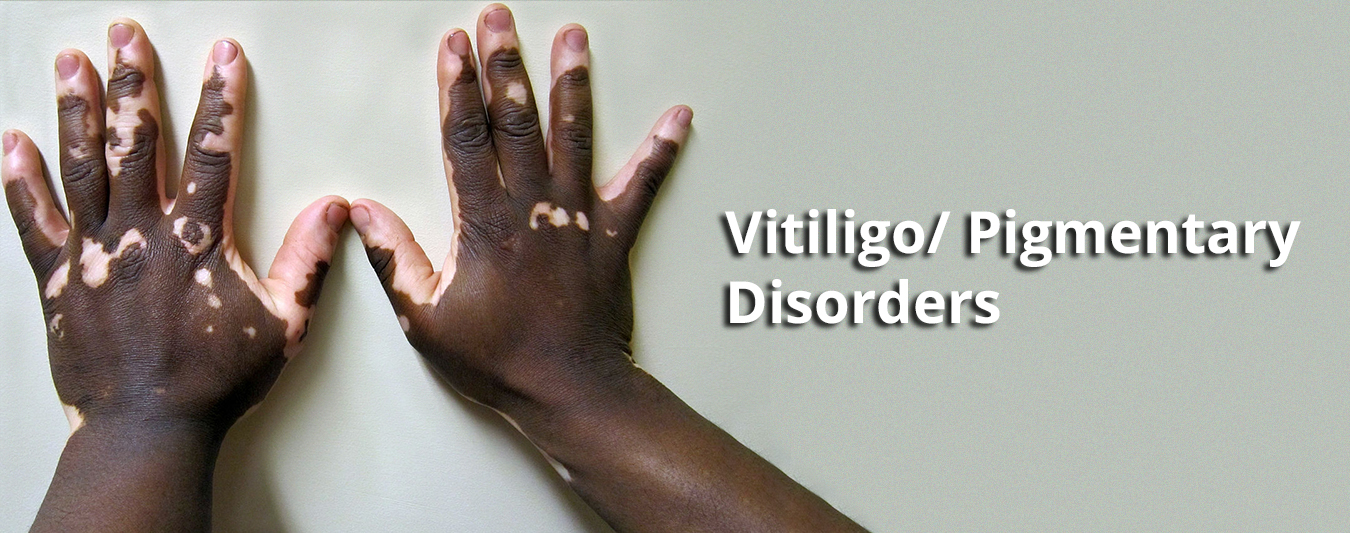
-

-

-
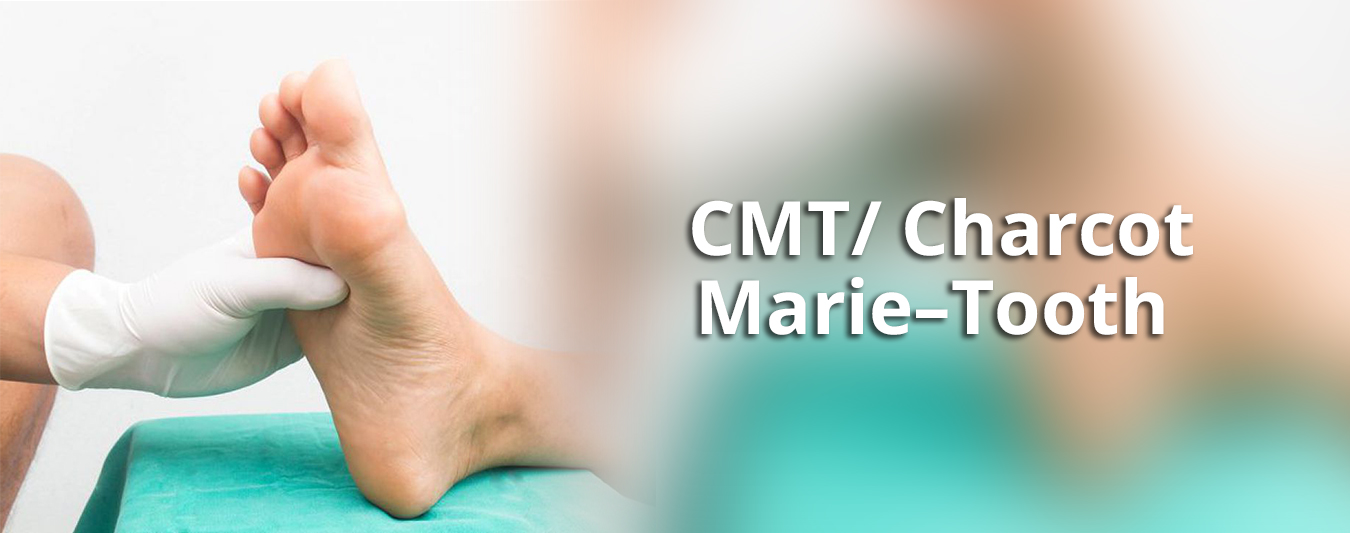
-

-

-

-

-

-

-

-

-

-

-
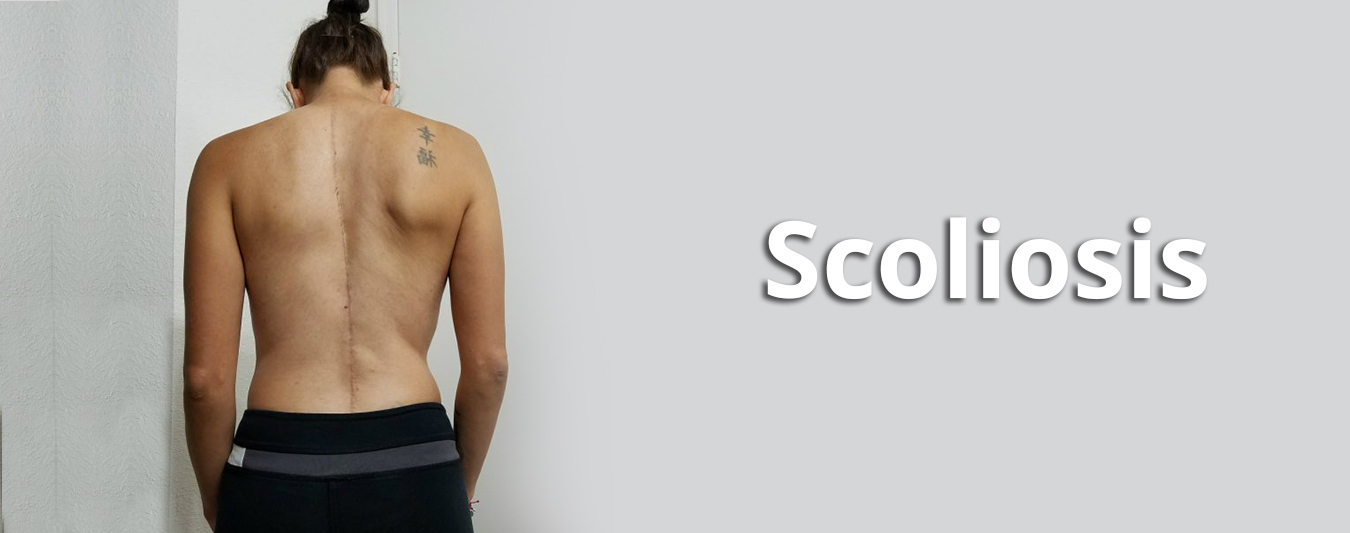
-

-

-

-

-

-

-

-

-

-

-

-

-
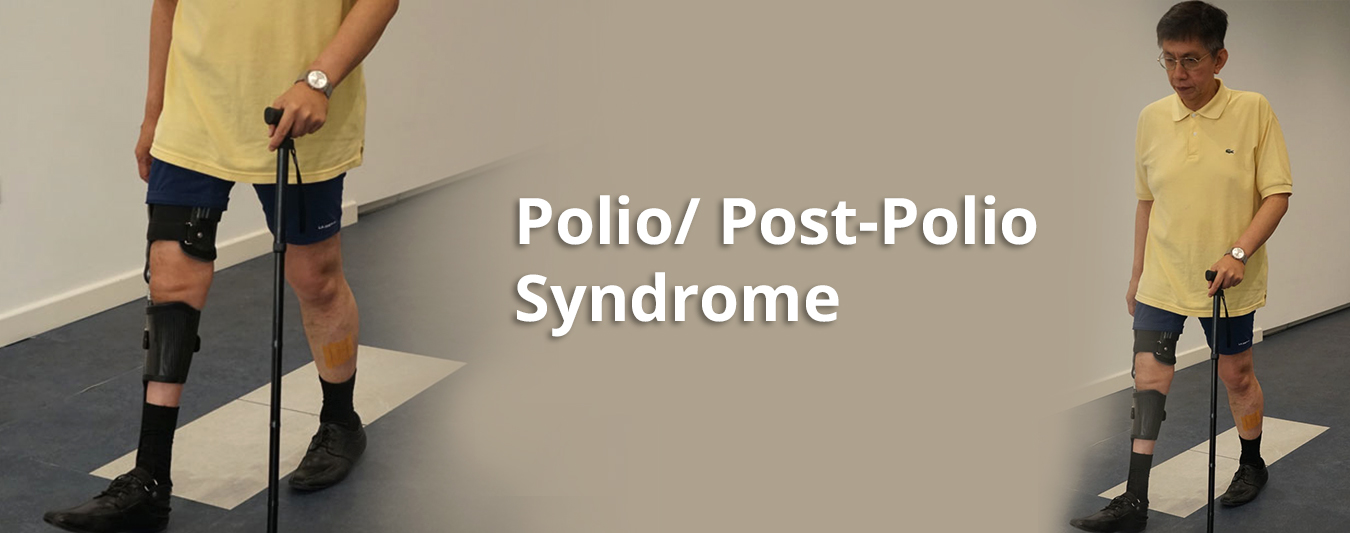
-

-

-

-

-

-

-

-

Diabetes
- Diabetes
- Parkinsons Disease
- Osteoarthritis
- Rheumatoid Arthritis
- Multiple Sclerosis
- ALS/ Motor Neuron Disease
- Alzheimer’s Disease
- Autism
- Cardiovascular Disease/ Heart Failure
- Tinnitus/ Hearing Loss
- Retinitis Pigmentosa/ Vision Loss
- Spinal Cord Injury
- Stroke
- Cerebral Palsy
- COPD
- Muscular Dystrophy
- Macular Degeneration
- Baldness/ Hair Loss
- Chronic Fatigue
About Diabetes
Diabetes is a degenerative disease in which your blood glucose (sugar) levels are too high. Glucose is a kind of sugar that comes from the foods you eat. Insulin is a hormone that helps the glucose get into your cells to give them energy. With type 1 diabetes, your body does not make insulin. With type 2 diabetes, the more common type, your body does not make or does not use insulin well. Without enough insulin, the glucose stays in your blood. You can also have prediabetes. This means that your blood sugar is higher than normal but not high enough to be called diabetes. Having prediabetes puts you at a higher risk of getting type 2 diabetes.
Some of the signs and symptoms of type 1 and type 2 diabetes are:
- Increased thirst
- Frequent urination
- Extreme hunger
- Unexplained weight loss
- Presence of ketones in the urine (ketones are a byproduct of the breakdown of muscle and fat that happens when there’s not enough available insulin)
- Fatigue
- Irritability
- Blurred vision
- Slow-healing sores
- Frequent infections, such as gums or skin infections and vaginal infections
Until the most recent decades, diabetes can only be treated by injecting insulin, taking oral medications, frequent blood sugar checks, and carbohydrate counting. In some people who have type 1 diabetes, a pancreas transplant may be an option. Islet transplants are being studied as well. With a successful pancreas transplant, you would no longer need insulin therapy. But transplants aren’t always successful – and these procedures pose serious risks. You need a lifetime of immune-suppressing drugs to prevent organ rejection. These drugs can have serious side effects, including a high risk of infection, organ injury and cancer. Because the side effects can be more dangerous than the diabetes, transplants are usually reserved for people whose diabetes can’t be controlled or those who also need a kidney transplant.
Nowadays, new advanced stem cell treatment such as Stem Cell Therapy Plus is giving new hope to Diabetes patients.
Stem cells are those cells that can easily become the cells of different organs where their need arises. This means that stem cells can evolve into cells of the pancreas and other organ & tissues and so to treat degenerative diseases such as Diabetes. Stem Cell Therapy is at the heart of a new field of science and medicine called regenerative medicine.
Since stem cells have the unique ability to renew themselves and give birth to generations of cells with different degrees of differentiation, the use of stem cell therapy becomes very encouraging and promising for those who suffer with debilitating diseases. The stem cells can also replace damaged cells in different body parts without any risk of being rejected and without causing any side effects.
Anecdotal evidence shows the stem cells from Stem Cell Therapy Plus can improve the functions of pancreas to produce more insulin, as well as the body’s ability to utilize insulin.
Unlike traditional Stem Cell Therapy which can only be applied via injection in the selective hospitals/ clinics, Stem Cell Therapy Plus delivers stem cells through high-tech bio-active softgel capsules which can be shipped in secure packages and delivered right to your home address. The lyophilized (freeze-dried) method employed in softgel capsules produces stem cells which remain biologically active (a proven technique for gently conserving biological substances) without damaging the effectiveness of the valuable, big, bio-active matter. Being enteric coated, softgel capsules by-pass the stomach and dissolve in the small intestine whereby the stem cells and other active ingredients are fully absorbed by the body. Therefore, to receive the results and benefits of Stem Cell Therapy Plus, all you need to do is to take 1 – 3 softgel capsules a day at the comfort of your own home.
